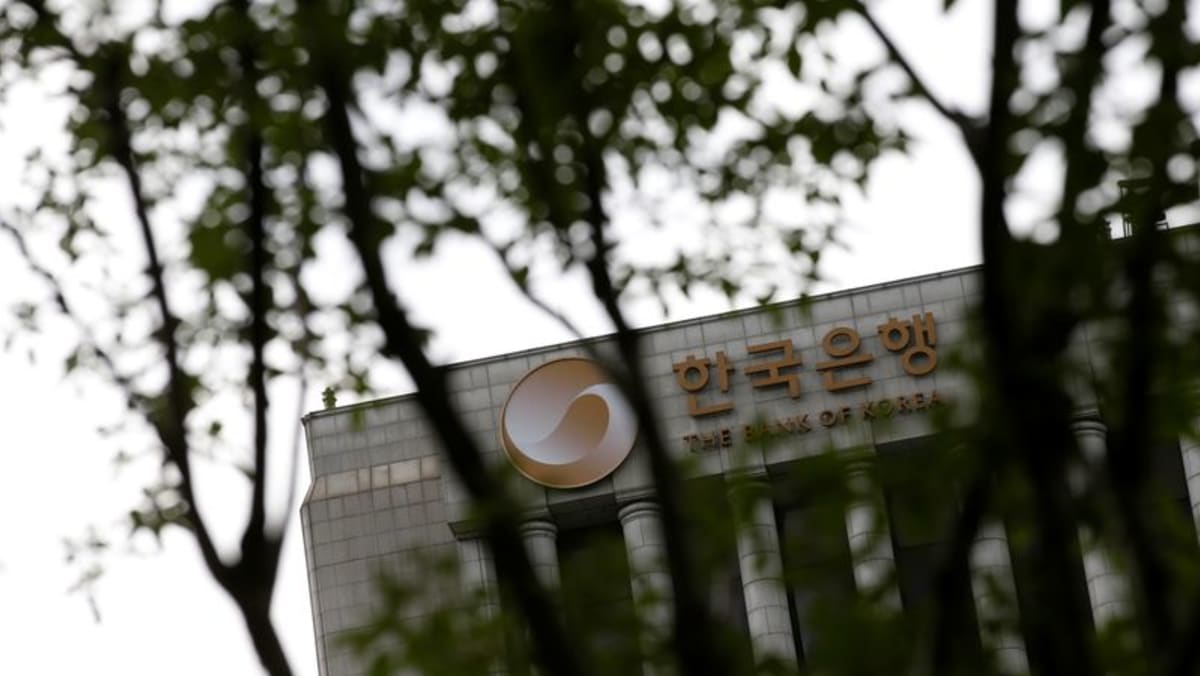SEOUL :South Korea’s central bank cut interest rates for a fourth time in its current easing cycle on Thursday to support an economic recovery clouded by U.S. tariffs, just days ahead of a presidential election in Asia’s fourth-largest economy.
The Bank of Korea lowered its benchmark interest rate to 2.50 per cent, as expected, and almost halved this year’s economic outlook to 0.8 per cent on Thursday.
That suggests more scope for further easing just as presidential candidates from both major political parties promise bigger fiscal stimulus packages to counter a slowdown.
“We of course have downside risks from (U.S.) tariff policy depending on how that goes, which raises the likelihood of further exports deterioration,” Governor Rhee Chang-yong said in a news conference.
While Rhee acknowledged the possibility that the trade outlook may improve, pointing to a U.S. court’s decision to block Donald Trump’s tariffs on Wednesday, the BOK remained primed for more support for the economy.
Four of the BOK’s seven board members said the door for further rate cuts should remain open for the next three months, Rhee said.
The broadly dovish outlook pushed June futures on three-year treasury bonds higher.
Having taken a relatively shorter period of time to rein in inflation, South Korea’s monetary policy is set to be more accommodative by the end of this year than those of the U.S. or Australia and broadly on a par with Canada’s and New Zealand’s.
Analysts see two more rate cuts by the end of this year to 2.00 per cent in South Korea.
As one of the world’s most export-reliant economies, South Korea is heavily exposed to global trade and is likely to see more fallout from uncertainty caused by Trump’s tariffs.
Thursday’s rate decision comes less than a week before South Korea votes for a new president, ending half a year of political limbo after ousted President Yoon Suk Yeol’s failed martial law bid in December.
Lower interest rates will be welcomed by the two main candidates, liberal frontrunner Lee Jae-myung and right-winger Kim Moon-soo.
Both have pledged immediate spending to restore growth hurt by the enduring uncertainty caused by the Dec. 3 martial law decree.
Data showing inflation close to the bank’s 2 per cent target and a weaker outlook for domestic activity have both supported arguments for further BOK easing.
“It was indeed dovish as (Rhee) pointed to further cuts,” said Kong Dong-rak, economist at Daishin Securities, who sees the policy rate reaching 2.25 per cent by the end of this year.
“But given that extra budgets are likely and the upside risks to growth, we can’t be certain about going as low as 2.0 per cent.”
South Korea’s economy unexpectedly shrank in the first quarter as exports and consumption stalled amid fears over the impact of Washington’s aggressive tariffs.
